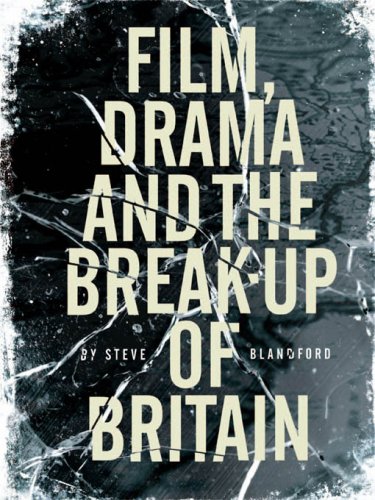

Most ebook files are in PDF format, so you can easily read them using various software such as Foxit Reader or directly on the Google Chrome browser.
Some ebook files are released by publishers in other formats such as .awz, .mobi, .epub, .fb2, etc. You may need to install specific software to read these formats on mobile/PC, such as Calibre.
Please read the tutorial at this link: https://ebookbell.com/faq
We offer FREE conversion to the popular formats you request; however, this may take some time. Therefore, right after payment, please email us, and we will try to provide the service as quickly as possible.
For some exceptional file formats or broken links (if any), please refrain from opening any disputes. Instead, email us first, and we will try to assist within a maximum of 6 hours.
EbookBell Team

4.7
16 reviewsWhen the sun set on the British Empire, the resultant fragmentation of British identity emerged most tellingly in artistic works: cinematic works such as Howards End depicted a richly historical land steeped in tradition and tragedy, while the more modern Lock, Stock and Two Smoking Barrels revealed a brutal yet sharply humorous portrayal of contemporary English life. That relationship between nationalism, national identity, and postcolonialism remains central to many British dramatists’ works, and in Film, Drama and the Break Up of Britain, Steve Blandford explores how the “break up” of Britain has influenced contemporary British drama.
Breaking down the scholarly barriers between theater and film studies, Blandford examines British directors’ interpretations of their nation’s postcolonial age, tracing the various ways that auteurs have created dramatic narratives that explore the idea of being “British” and all its inherent complexity. From community-based theaters in Scotland and Wales to the blockbuster The Full Monty, Blandford probes the cultural impact of Britain’s struggle to form a new identity, making his book an essential read for all those interested in postcolonial studies and the history of British film.
“The perfect primer for anyone looking to obtain an overview of what has been happening within British culture over the past decade. [Blandford] has an accessible style, his analysis is sharp, his arguments clear and persuasive, and by virtue of the breadth of his focus, this study is certain to remain a valuable resource as notions of cultural identity across the British Isles continue to provoke debate.”—Owen Evans, Media Wales Journal
“The author examines how recent theatre and cinema have reflected and critiqued emerging ways of imagining Britishness. Blandford is a lucid writer whose chapter on Irish film is a deft round-up of existing critical opinions on the topic.”—Ruth Barton, Film Ireland